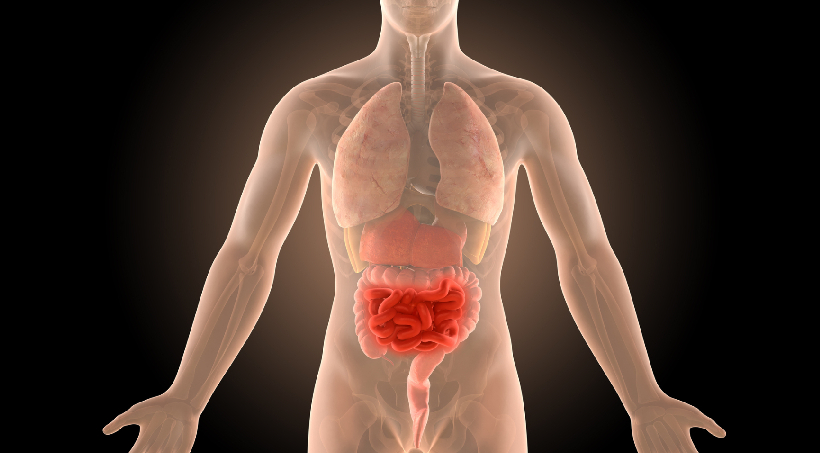- AK Superspeciality Clinic, Unit-208, Kul Scapes, Opposite to Reliance Mart, Tukaram Nagar, Kharadi
- +91 90960 45072

Definition: Crohn’s disease is a type of inflammatory bowel disease (IBD) that causes inflammation of the digestive tract, potentially affecting any part from the mouth to the anus. It often involves the ileum and colon and can lead to complications like strictures and fistulas.
Causes: Similar to ulcerative colitis, causes include:
- Genetic Factors: Family history of IBD.
- Immune System Dysfunction: Abnormal immune response targeting the digestive tract.
- Environmental Triggers: Diet, smoking, stress, and infections may exacerbate symptoms.
Symptoms:
- Abdominal pain and cramping.
- Persistent diarrhea.
- Fatigue.
- Weight loss and malnutrition.
- Blood in stool.
- Mouth sores.
- Complications such as abscesses, fistulas, and bowel obstruction.
Diagnosing:
- Endoscopy: Colonoscopy and upper GI endoscopy to assess the extent and location of inflammation.
- Imaging: MRI, CT scans, and capsule endoscopy to visualize the entire digestive tract.
- Blood Tests: Checking for inflammation markers and nutritional deficiencies.
- Stool Tests: To rule out infections and assess inflammation.
Treatment Options:
- Medications:
- Anti-Inflammatory Drugs: Corticosteroids and aminosalicylates.
- Immunosuppressants: To reduce immune response.
- Biologics: Target specific pathways in the immune system.
- Antibiotics: To treat or prevent infections.
- Diet and Nutrition: Special diets to manage symptoms and ensure proper nutrition.
- Surgery: To remove damaged sections of the intestine or treat complications like strictures or fistulas.
Prevention Tips:
- Avoid Smoking: Smoking worsens Crohn’s disease.
- Healthy Diet: Avoid trigger foods, maintain balanced nutrition, and stay hydrated.
- Stress Management: Techniques like mindfulness, therapy, and relaxation.
- Regular Monitoring: Frequent check-ups to manage flare-ups and monitor disease progression.
Conclusion: Crohn’s disease is a chronic and potentially debilitating condition that requires a comprehensive treatment approach. With effective management, patients can minimize flare-ups, maintain remission, and lead a productive life.

